New survey shines spotlight on increasingly complex world of work
The overview report of the pan-European sixth European Working Conditions Survey #6EWCS is launched today 17 November 2016

The overview report of the pan-European sixth European Working Conditions Survey #6EWCS is launched today 17 November 2016

In the following blog piece, Eurofound researchers Massimiliano Mascherini and Martina Bisello look in-depth at The Gender Employment Gap: Challenges and solutions report, and the collective responsibility to ensure that everyone in Europe has the freedom to participate in the labour market.

Eurofound launches the overview report of its 6th European Working Conditions Survey (6th EWCS) at a joint event with the European Parliament in Brussels, Belgium, on 17 November 2016. Join the debate on Twitter at #6EWCS

In the following blog piece Eurofound Director Juan Menéndez-Valdés looks at the issue of the gender employment gap in Europe, and how the difference in labour market participation between women and men has far-reaching implications.

Il nuovo rapporto di Eurofound – "Gender Employment Gap: challenges and solutions” è stato presentato al Parlamento Europeo martedì 11 Ottobre 2016.
Nonostante il tasso di occupazione femminile sia aumentato durante la crisi economica, la divergenza nell’occupazione tra uomini e donne in Europa e nella maggior parte dei paeasi membri è ancora significativa. A questo proposito, il rapporto si co
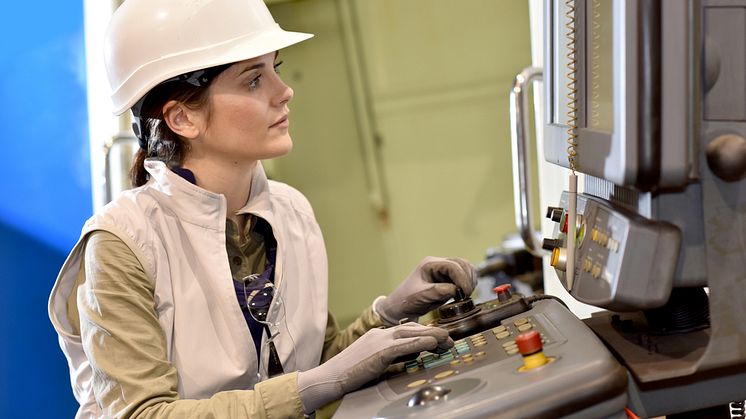
Our new report explores the main characteristics and consequences of gender gaps in labour market participation. It finds that the estimated cost of a lower female employment rate was €370 billion in 2013, corresponding to 2.8% of EU GDP. This does not include the unpaid domestic work performed by women who are not active in the labour market.

Eurofound's new publication The gender employment gap: Challenges and solutions will be presented to the European Parliament's Committee on Women's Rights and Gender Equality tomorrow at 5.00 pm (CET), and will subsequently be available to download directly from our website. Watch the presentation live at http://bit.ly/FEMMComm.
For further information please contact either our promotions team,
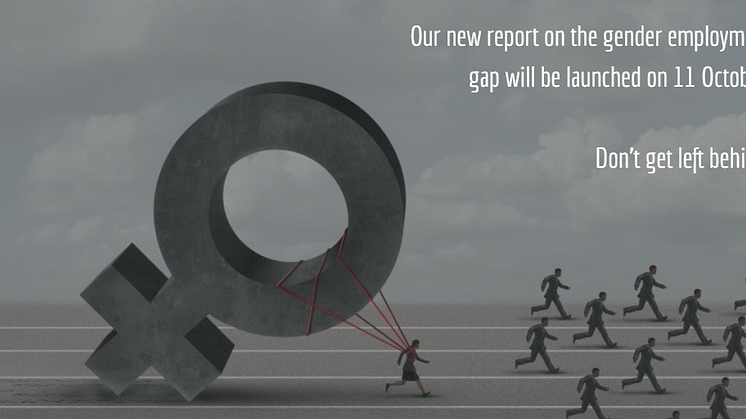
In the following blog piece Eurofound Senior Programme Manager Stavroula Demetriades looks at the relationship between social dialogue and business success, particularly during times of crisis.
Europe has gone through significant economic change over the past decade. Businesses have had to manage the challenges posed by the financial crisis, globalisation and a rapidly changing labour market.

European countries face the challenges of ageing populations supported by shrinking workforces, more precarious types of employment, and in many cases, a decreasing number of jobs in the wake of the economic crisis. As a result, the issue of how to enable more people to participate in the labour market and to continue to do so until an older age has become a key policy issue in all EU Member State

In the following blog piece, originally posted on Social Europe Journal, Martina Bisello and Enrique Fernández-Macías look at the impact of routine tasks on working life, and how routine fits into the larger debate on computerisation and automation.
In the digital age, there are fewer routine jobs because of a higher risk of automation. But a great paradox of this age is this: workers in most

In the following blog piece, originally posted in Social Europe Journal, Eurofound Research Manager Hans Dubois looks at the potential of partial-retirement to extend working lives in Europe, and improve the sustainability of pension schemes.
There are limits to the effectiveness of member states’ pension reforms…
Europe, it’s often said, is experiencing a worsening ageing crisis. European
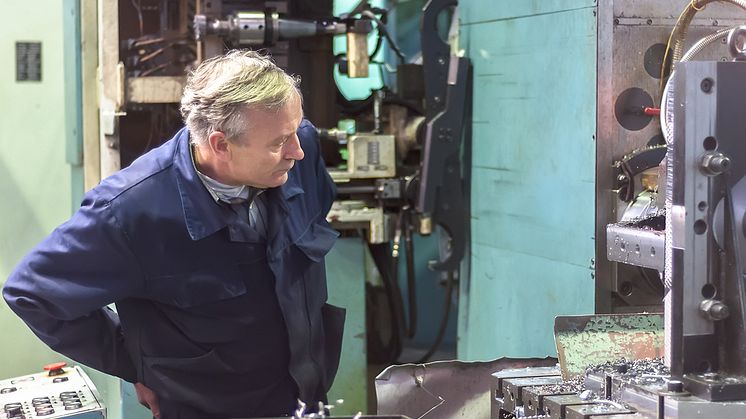
A new report from Eurofound – Developments in working life in Europe: EurWORK annual review 2015 – collates information based on research from Eurofound’s network of European correspondents. The correspondents report national-level information on industrial relations and working conditions for the Agency’s European Observatory of Working Life (EurWORK).
The material, published in the form of a

Partial retirement schemes can be an important part of the solution to improving sustainability of Europe’s pension systems.
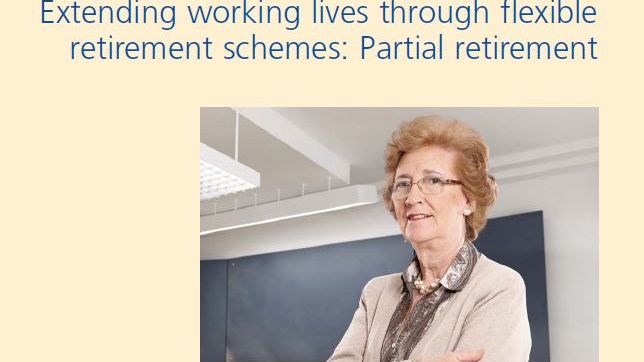
On the eve of the 11th International Labour and Employment Relations Association (ILERA) European Congress, we look at the issue of representativeness in Europe, and how ensuring that workers and employers are fairly represented at EU-level is an important aspect of European democracy.
Ensuring that the interests of workers and employers are fairly balanced and represented has been one of the d
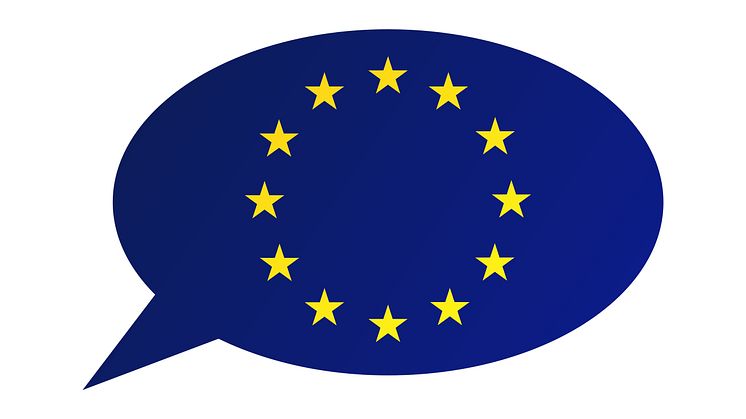
Performance-related pay and employee reward systems in Europe are often unevenly distributed among different groups of workers; particularly benefitting men, highly-skilled and highly ranked workers. Without robust monitoring and transparency, supplementary employee reward systems could potentially exacerbate pre-existing pay inequalities. This is according to Eurofound's new report Changes in rem
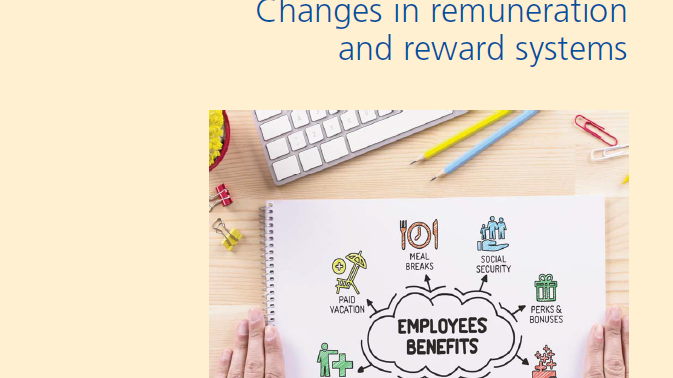
Some interesting figures from the July/August edition of Eurofound News:
13,000 – the entire workforce of Marinopoulos, one of the largest supermarket chains in Greece, who have been made redundant as a result of the company’s bankruptcy.
22% – the gender pay gap in the Czech Republic, which in March 2016 prompted the Minister of Labour and Social Affairs to launch a five-year campaign to na

From Eurofound News July/August 2016
Taking action to make work sustainable
For Europe to achieve its goals for growth, workers will have to work for longer and more people will have to work. This requires new thinking to make work sustainable over the life course. In other words, it means achieving living and working conditions that enable workers to retain their physical and mental health,

En el siguiente texto - basado en la contribución de Eurofound a la reunión informal de Ministros de empleo, política social, salud y consumo (EPSCO), de julio de 2016 - el director de Eurofound Juan Menéndez-Valdés echa un vistazo a cómo el mercado europeo se ha transformado en los últimos años y evalúa algunos retos del futuro.
Gran parte de las discusiones sobre el futuro del trabajo
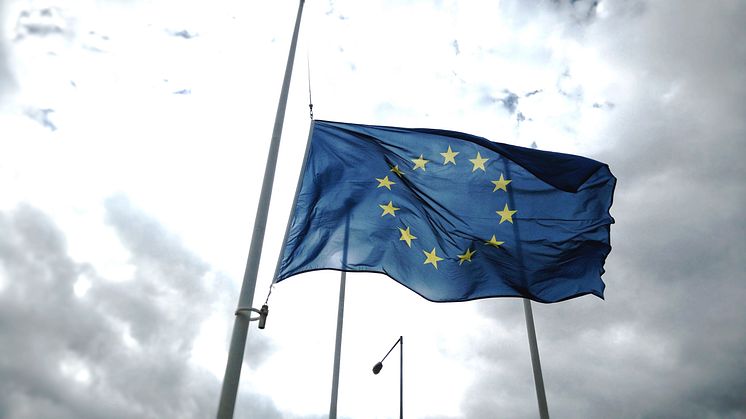
In this blog piece, based on Eurofound’s contribution to the July 2016 informal meeting of the Employment, Social Policy, Health and Consumer Affairs Council (EPSCO), Eurofound Director Juan Menéndez-Valdés looks at how the European labour market has changed in recent years and assesses future challenges.
Most discussions on the future of work are dominated by the impact of key changes in socie

von Stefanie Ledermaier
Seit 2010 hat das NEET-Konzept, damit werden junge Menschen zwischen 15 und 24 bezeichnet, die sich weder in einem Arbeits- noch in einem Ausbildungsverhältnis befinden, in der politischen Debatte Einzug gehalten. Grund dafür war hauptsächlich der starke Anstieg der Jugendarbeitslosigkeit infolge der Wirtschaftskrise. Für Jugendliche und junge Erwachsene wurde es zunehme
